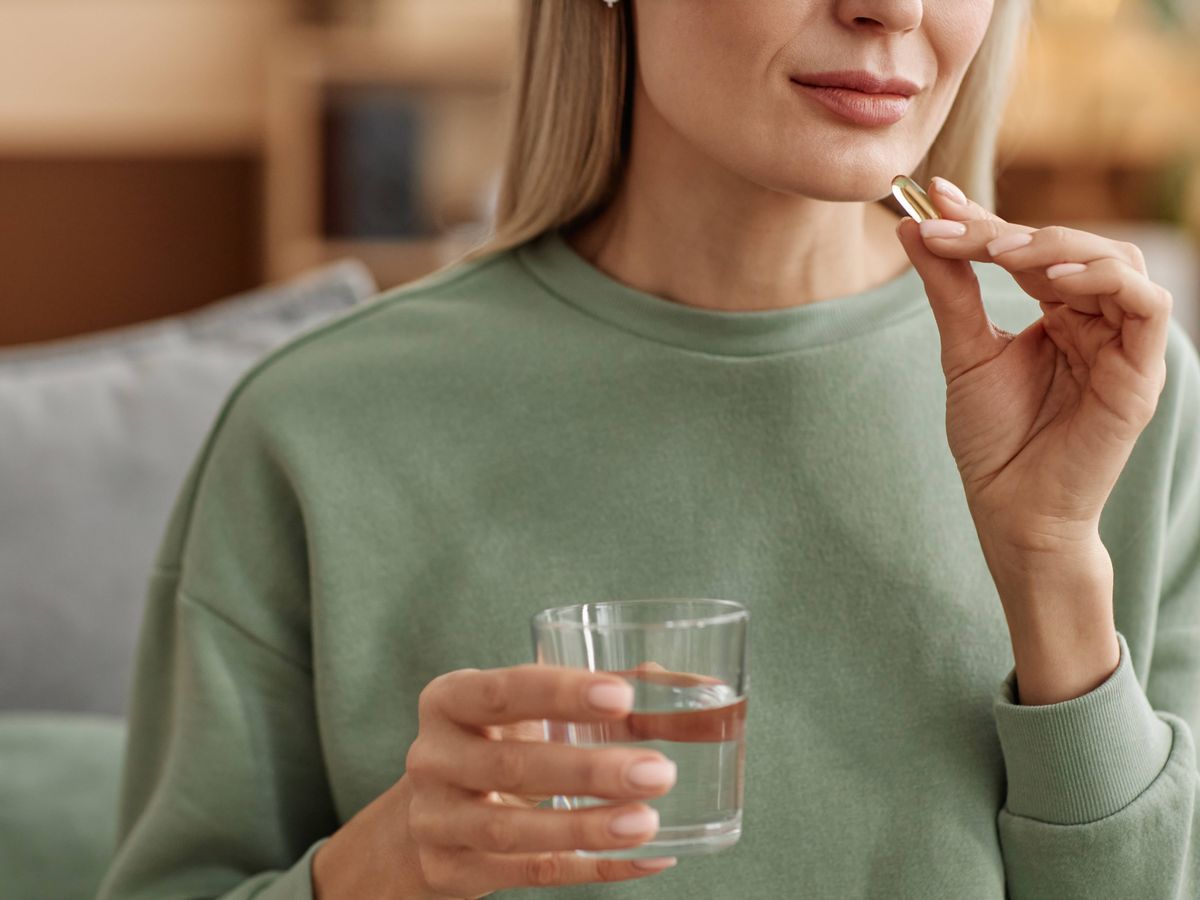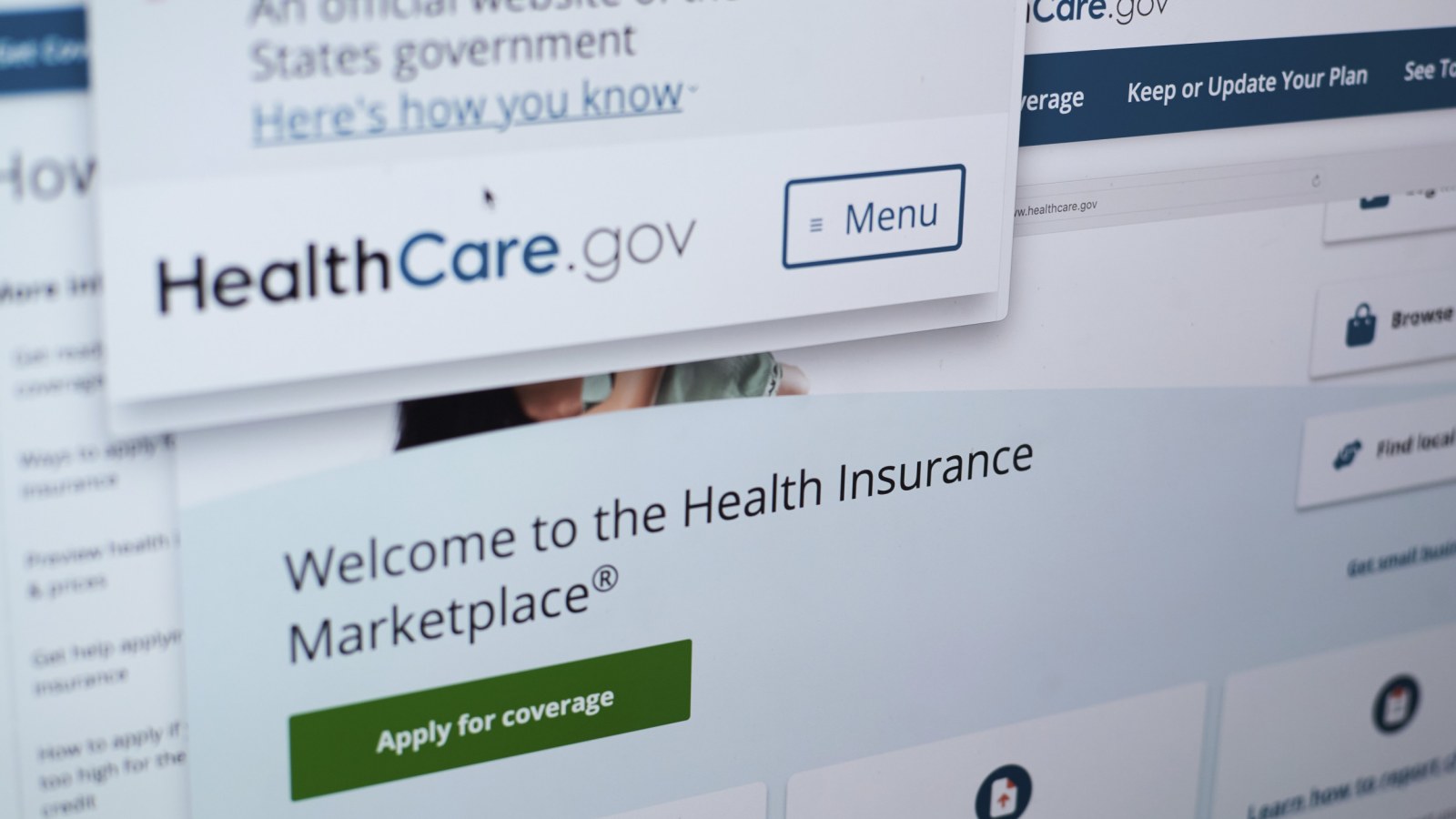By Dan Taylor,Neil Shaw
Copyright mirror

A pharmacist has issued a warning that millions of Brits could be taking their vitamin D tablets incorrectly – dramatically reducing the effectiveness of these crucial supplements. People right across the UK have begun popping vitamin D pills following advice from medics and experts including the late Michael Mosley . The majority of the body’s vitamin D stems from the reaction between skin and sunlight. But this drops significantly during autumn and winter months when bright sunshine is scarce and people remain indoors or wrap up warm against the cold . Vitamin D proves vital for maintaining healthy bones. It also bolsters the immune system, supporting muscle function, boosting mood, cutting inflammation and protecting heart health. However, if you’re not consuming supplements correctly, you might be throwing away both time and cash – whilst also putting your wellbeing at risk, reports Surrey Live . Jana Abelovska, Superintendent Pharmacist at Click Pharmacy, explained: “The best way to get vitamin D is through your diet, supported by supplements like tablets, capsules, gummies or sprays that you use directly into your mouth. “Vitamin D is fat soluble, which means that it is absorbed into the body along with fat – this means taking your vitamin D supplement with food that contains some healthy fats, such as nuts or yoghurt, will help your body absorb it much better. “The recommended daily amount of vitamin D for adults aged between 19 and 70 is 15 mcg which is 600 IU or International Units, a unit used to measure vitamins. It’s really common to take vitamin D supplements, especially as many of us will not get enough vitamin D from sunlight or food alone. “Dietary sources of vitamin D include oily fish, mushrooms and eggs, as well as some fortified foods like breakfast cereals and milk or plant-based milk alternatives. “It’s not healthy to try and get more vitamin D from the sun by going without sun protection. Also, our bodies make vitamin D in response to UVB radiation from the sun, but most glass blocks UVB rays – meaning that even if you’re sitting indoors in a ray of sunlight, it won’t boost your levels of the vitamin. “Don’t use a tanning bed to try and boost your vitamin D – it won’t work as they produce much more UVA radiation than UVB, and it will increase the risk of skin cancer. “Don’t take too much vitamin D. Because it’s a fat soluble vitamin it can build up in your body easier than other vitamins. “Taking too much vitamin D long term can lead to hypercalcemia, an excess of calcium in the body, which can cause problems with your heart, kidneys and bones. 4,000 IU or 100 mcg is considered to be the upper limit of safe vitamin D supplementation.”



